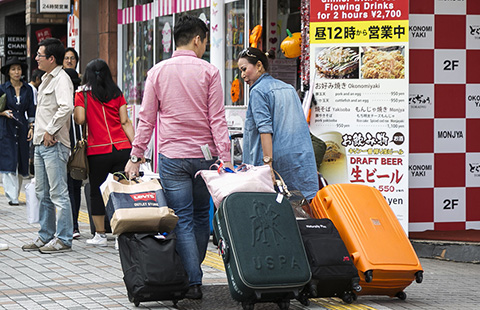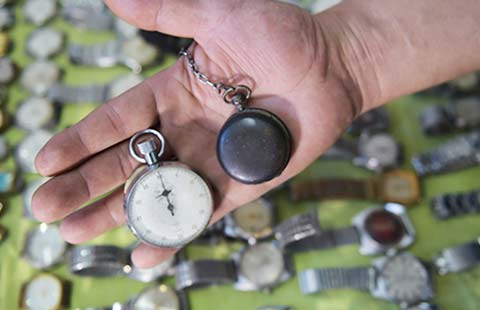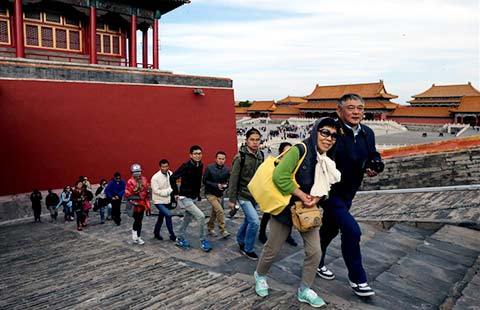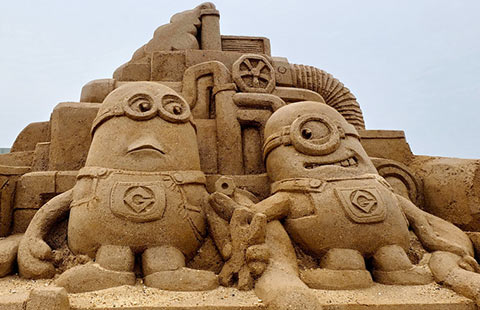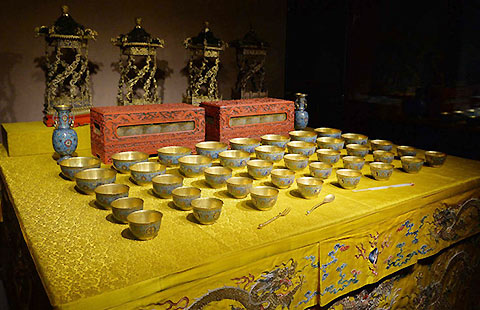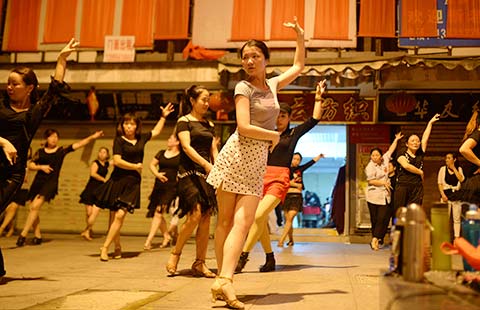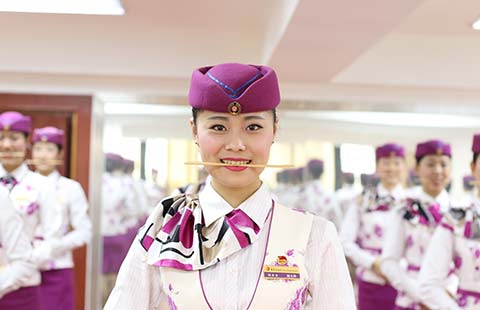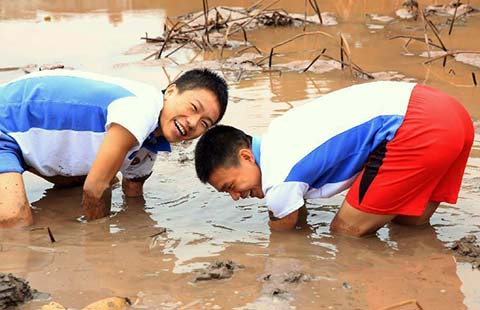
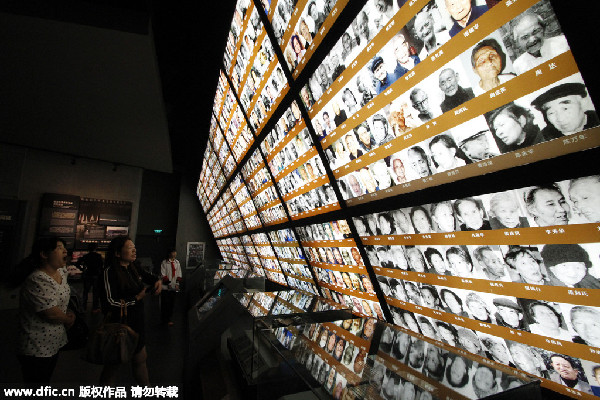 |
|
Visitors look at the photos of the war survivors at The Memorial Hall of the Victims in Nanjing Massacre by Japanese Invaders in Nanjing, East China's Jiangsu province, Oct 10. [Photo/IC] |
China will set up a special database and upgrade the protection of documents regarding the Nanjing Massacre after files relating to the atrocities were listed in UNESCO's Memory of the World Register.
A number of domestic archives will jointly establish the database, which will be open to the public at home and abroad, a source with the Second Historical Archives of China, who asked not to be named, said on Sunday.
The database can help people learn more about the historical calamity caused by the war, the source said.
Lasting more than six weeks, from Dec 13, 1937, until January 1938, the massacre perpetrated by Japanese troops resulted in the deaths of 300,000 Chinese civilians and unarmed soldiers, by some counts, after the city fell into the hands of the Japanese.
On Friday, 11 sets of Nanjing Massacre files, including film, photographs and text created between 1937 and 1948, were listed in the UNESCO register, despite Japan's protests.
There are large amounts of material on the slaughter, including from the aggressor, the victims and third parties, said Guo Biqiang, a researcher with the Second Historical Archives of China.
The amount and variety of the documents were unmatched compared with similar heritage events, he said.
Nanjing Massacre documents are mainly housed at the Second Historical Archives of China, the Nanjing Municipal Archives and at the Nanjing Massacre Memorial Hall.
On Saturday, China welcomed UNESCO's inscription of the documents.
"China will ensure these valuable documents are protected and circulated, and make them play a positive role in remembering history, cherishing peace, looking into the future and safeguarding human dignity," Foreign Ministry spokeswoman Hua Chunying said.
The inscription was met with criticism by Japan, with the Japanese Foreign Ministry questioning the authenticity of the documents. It called on UNESCO to be neutral and fair and for changes to be made to the process.
Hua dismissed Japan's protest, saying, "The Nanjing Massacre was a severe crime committed by the Japanese military during World War II and is a historical fact recognized by the international community."
